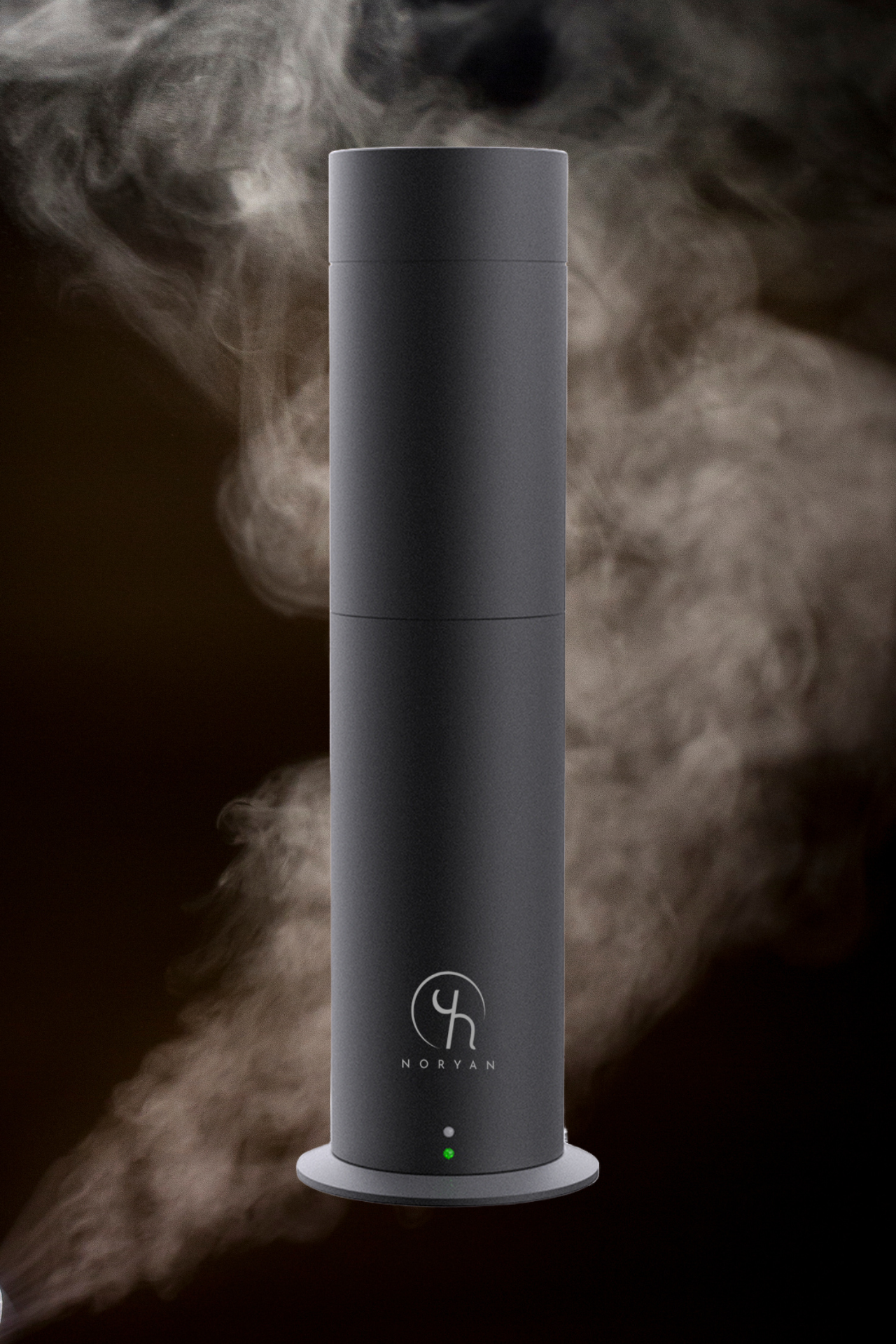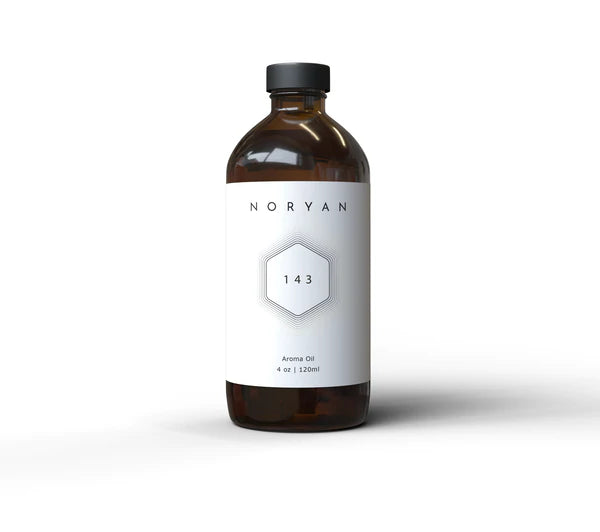Few things have the potential to instantly transform mood and influence behavior like the sense of smell. Researchshows that the human olfactory sense is more developed than previously believed. We have the ability to distinguish up to 1 trillion different scents that evoke emotional reactions and trigger memories. However, the connection between our emotions and sense of smell is often underrated because, of all the human senses, we tend to heavily rely on vision and sound during communication. Again, much of how we process smells happens subconsciously. Recent scientific discoveries have uncovered the deep connection between the olfactory system and human emotions. Appealing to the olfactory senses can create striking memories and pleasant mental associations without trying too hard, making it an important tool for influencing customer behavior. This creates several possibilities for companies that want to stay memorable. As a brand looking to hold a top spot in your customers’ minds, this knowledge helps you to maximize the connection between smell and memory; and implement effective scent marketing initiatives.
The Limbic system is the part of the human brain that processes emotions, motivation, focus, behavior and memory. It is also responsible for processing our sense of smell. This is unique because unlike some other senses (like touch and taste) that travel through neurons to the brain for interpretation, there is a direct link between the olfactory bulb responsible for receiving the scent, and the limbic system. This is why inhaling the pleasant fragrance of a scented candle will transform moods and almost immediately bring about a relaxed feeling.
Scents are made up of unique molecules that activate the olfactory receptors in our noses. This triggers an electrical signal that travels to the olfactory bulb from where the signal can be sent to other parts of the brain for processing. When the nostrils catch a whiff of scent, the molecules that make up that scent (odor molecules) bind with the receptors in the nostrils to unlock signals that are sent to the olfactory bulb. The bulb then sends information about the scent to other parts of the brain for interpretation. This allows our brain to make mental associations between the scent and memories, triggering emotions and influencing behavior.
Research into the ‘what is scent science’ question is extremely beneficial for brands because it uncovers strategic tools for being different in a crowded marketplace. As a business, you want to stand out, remain memorable and influence positive customer behavior. If you focus only on visual and auditory marketing, you miss out on the endless possibilities and opportunities that scent marketing will deliver for your brand:
About 80% of human emotions are affected by the olfactory sense or sense of smell With scent marketing, you can appeal to your customer’s sense of smell using a distinct scent that will be associated with you This will imprint memories into your customer’s consciousness that will be triggered by the olfactory environment Your customer’s mind makes an association between the unique scent and your brand scent creating the desired mood and aura that can activate emotional responses.
The buyer’s purchasing decision can always be traced to a change in their emotional state. If you can influence your customer’s emotions, you are able to influence their actions-and research shows that there is a strong link between scent and the emotional state of the customer. Creating the right aura for your customer through scent can create the right mood and validate their intentions, thereby influencing desired behavior.
To keep our team and community safe, all made to order items will take longer than normal to ship out.





